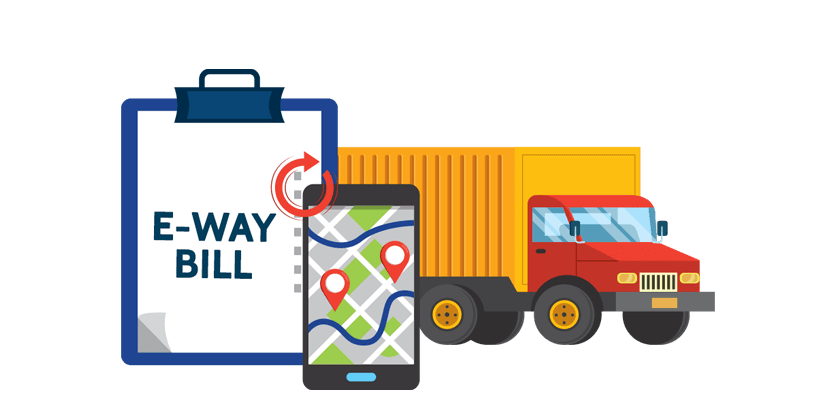E-Way Bill System in GST
The Suktha Provides Electronic Way Bill (E-Way Bill) System is a significant component of India’s Goods and Services Tax (GST) regime, introduced to streamline the movement of goods across states and ensure proper tax compliance. The E-Way Bill system aims to replace the traditional physical waybills and provide a digital, paperless solution for tracking the movement of goods.
It is an electronic waybill that must be generated by businesses when goods worth more than a specified value are transported from one place to another within the country. The primary purpose of the E-Way Bill is to ensure seamless movement of goods and to monitor and track the movement of goods to curb tax evasion.
Some Key Features of E-Way Bill System in GST
Generation of E-Way Bill: When goods worth more than a specified threshold value (as determined by the respective state) are being transported from one place to another, an E-Way Bill must be generated. The E-Way Bill can be generated electronically through the E-Way Bill portal or API integration.
Transit and Verification: The E-Way Bill needs to accompany the goods during transit. Transporters or drivers should be able to present the E-Way Bill, either in physical or digital form, to authorities for verification.
Cancellation and Updating: If the goods’ transportation is canceled or there is a change in the details provided in the E-Way Bill, it can be canceled or updated electronically before the validity period expires.
Enforcement: Tax authorities and designated officers have the right to intercept and verify the E-Way Bill and the goods being transported to ensure compliance with GST regulations.
Applicability: The E-Way Bill is applicable to all types of goods and movements within the country, except for certain exempted categories.
E-Way Bill Validity: The validity of the E-Way Bill varies based on the distance to be covered by the transported goods. For every 100 km, or part thereof, the E-Way Bill is valid for a certain number of days. Once the E-Way Bill expires, a new one needs to be generated.
Documents Required: The E-Way Bill requires specific information, such as details of the consignor, consignee, goods, and transporter, along with the corresponding GST identification numbers (GSTIN).
Verification and Inspection: Tax authorities have the power to verify and inspect the E-Way Bill and accompanying goods during transit. They can intercept the conveyance to check whether the goods being transported match the details mentioned in the E-Way Bill.
When Should an e-Way Bill be Generated?
- Generating e-Way bill is mandatory if the value of goods being transported exceeds Rs. 50,000. If the value of goods being transported is less than Rs. 50,000, creation of eWay bill is optional.
- E-way bill is also mandatory if the supplier is not GST-registered but the receiver is GST-registered. The GST registered person is required to ensure compliance in such cases.
- If the supplier has not generated the eWay bill, the transporter is required to generate the same irrespective of whether the mode of transport is road, air or water.




